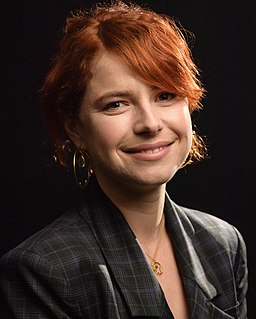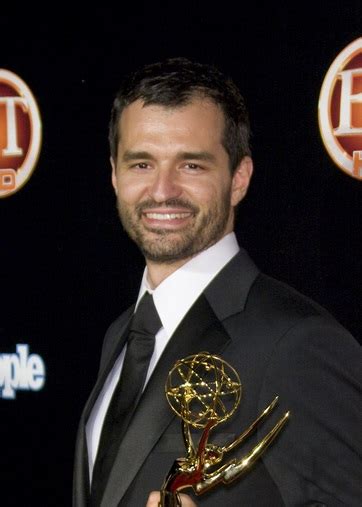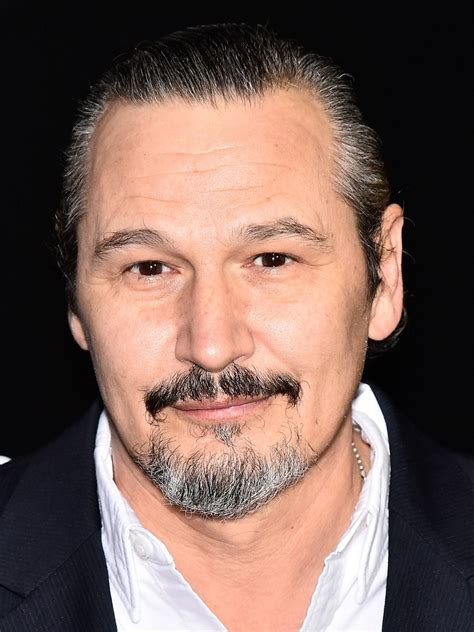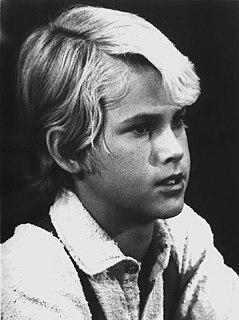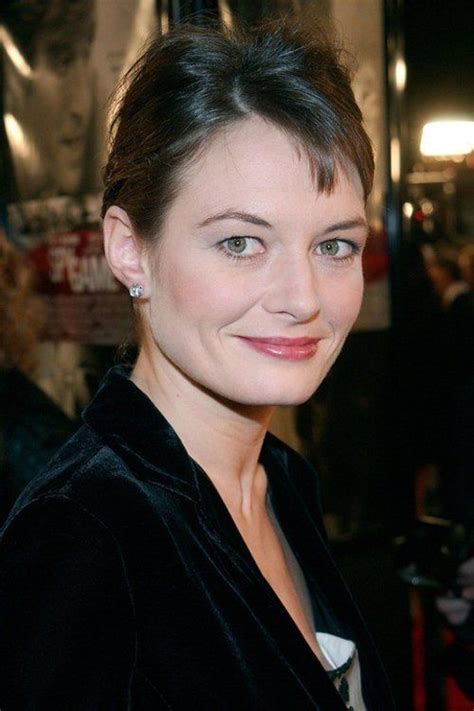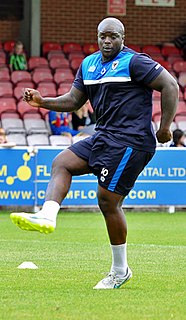A Quote by Clark Johnson
Film is the only language I speak, and I have been lucky to be involved in some great stories. You don't want to preach to people, but you want them to think about why things are the way they are, the history that is there as well as the possibilities.
Related Quotes
I’m curious about things that people aren’t supposed to see—so, for example, I liked going to the British Museum, but I would like it better if I could go into all the offices and storage rooms, I want to look in all the drawers and—discover stuff. And I want to know about people. I mean, I know it’s probably kind of rude but I want to know why you have all these boxes and what’s in them and why all your windows are papered over and how long it’s been that way and how do you feel when you wash things and why don’t you do something about it?
I always want to make films. I think of it as a great opportunity to comment on the world in which we live. Perhaps just because I just came off "The Hurt Locker" (2008) and I'm thinking of the war and I think it's a deplorable situation. It's a great medium in which to speak about that. This is a war that cannot be won, why are we sending troops over there? Well, the only medium I have, the only opportunity I have, is to use film. There will always be issues I care about.
I don't come from a flashy film background. TV's been a great home for me, and being able to do that work kind of unnoticed, and not putting that out in the foreground was perfectly fine for me. I just continue to want to make sure that that's what it's about. I think when you start spinning out on what other people are doing and trying to chase something, you're really on a one-way ticket to things not working out the way you want them to.
When movies tend to start to preach to me, I tend to shut them off, whether I agree with the message or not. I don't think the job of art is to preach, I think it's to ask questions and make people aware of differences and different ways of looking at things. That's what I want to do, anyway. Whether I'm successful or not, that's up to history.
I mean these are universal themes. I try not to preach, for sure. I don't enjoy movies that preach - so I don't want to preach myself when I tell stories because I just feel all of these themes are built into us in terms of redemption and mercy and love and compassion and all these things. And the negative sides, as well.
I think when people think of music from coming from Oklahoma, they think of Toby Keith or even Garth Brooks or even Woody Guthrie. People think, "Why do we have to just be about the Bible and about football? Why can't we be about something like the Flaming Lips?" And I salute them! I say, "Well, that's great if you want that."
Lately, I'm thinking a lot about, in parenting and in my writing, how to create a language about sexism in a way that is attractive and approachable to this age group. I can teach my daughter about not talking to strangers but I can't teach her about how to succeed in a sexist world or even how to exist as a body in a sexist world. I want to begin by asking girls what they want and why they want it? Interrogating that. If this is the sex life you want, what makes you think you want that? I imagine the only way to authentically get at sexuality is by asking those questions.
I don't particularly care about having [my characters] talk realistically, that doesn't mean very much to me. Actually, a lot of people speak more articulately than some critics think, but before the 20th century it really didn't occur to many writers that their language had to be the language of everyday speech. When Wordsworth first considered that in poetry, it was considered very much of a shocker. And although I'm delighted to have things in ordinary speech, it's not what I'm trying to perform myself at all: I want my characters to get their ideas across, and I want them to be articulate.



